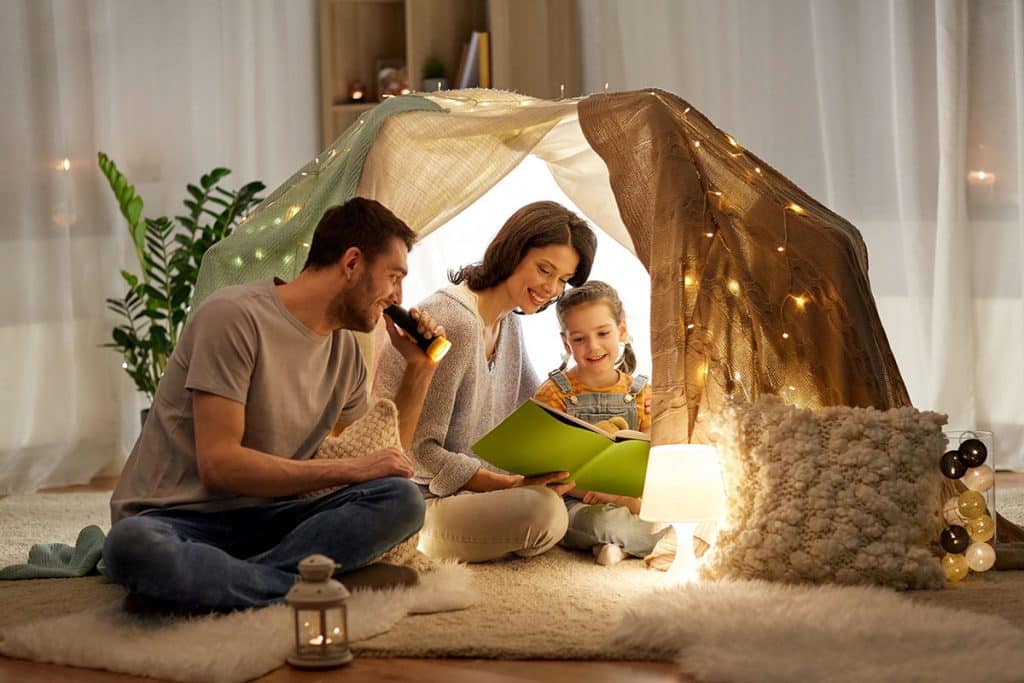As background, on my first home purchase, I lucked into a miracle. After 15 years living abroad in rentals and then in my in-laws’ home, I stepped up to buy my own place. The night before starting the documentation process for a condo, my agents said, “I want you to look at one more property, a stand-alone house.

So the next day, I visited this house, which was nice, and had a sunroom and jacuzzi, which were very nice, and I decided to buy it….
What sealed this deal was a photograph in the home office. Looking closer, I realized this house belonged to my college roommate, who I had lost contact with when he went to law schools and I went to Japan.
My agent called his agent and then I spoke with him directly to tell him, in good fun, to “get out of my house.” As expected, the deal was done very quickly.
Point of this story is this is not the usual way home buying happens. I wish it was, but I later bought a townhouse and that transaction went well because I had a good team.
As a first-time homebuyer, be terrified—and then be wise. Step back and understand this is your first home (and likely first huge) investment, but millions of homes, condos, apartments, and tree houses (maybe not the latter) have been sold fairly and squarely. Of course, many have also been sold unfairly and unsquarely and that’s another article. We’re focusing here on the art of the best deal.
In preparation for one of the largest, if not the largest, investment of your life, as a buyer think like a seller. Sellers are usually in a hurry, often caught between houses, and that’s their problem. They want to move on and you want to move in. You have the leverage here.
Slow Down

Prior to embarking on buying the house of your dreams, stop dreaming and do your due diligence:
- Ask everyone you know who has bought a house to tell you their story and LISTEN.
- Assemble a team that includes an agent you know personally or via an introduction.
- Recon: Research the house’s tax value and compare it to the asking price. Ask to see the most recent inspection. Arrange to walk through the house and yard (yes, the front and back yards) and take pictures and notes.
- Negotiations: You have to negotiate first with your agent and then go up against “the other side.” If you have firm information (photo, notes, reports) about the house you want, then you have leverage as the buyer. Make a “fix” list of things you want done before closing, while remembering that you can walk away, and the seller cannot.
- As for OPM (Other People’s Money), be realistic about what you can afford and work with your bank, or any bank, to get the additional financing.
- Protection: Take lots of photos and lots of notes and send copies to the seller’s side/team.
- Follow-up on every issue by contacting your agent. You’ll encounter “stuff” you never thought of and that’s why you need someone (agent) who has done this drill. If you think you thought of everything, you’re wrong.
- Set a deadline. You want them out and you in.
- Be polite in all correspondence. Selling/buying any place is “stress max.” People tend to say or write what they later regret. Pace yourself.
- Be thankful. Someone had “their” place that, for whatever reason, they have sold it to you.
We all have heard stories about deals gone bad because those stories are more dramatic than deals gone good.
Few stories will equal my miracle, and I just hope others have a good, better than average, or any near-miracle experience.
The Internet is your second-best friend (agent is first):
- https://www.nerdwallet.com/blog/mortgages/first-time-home-buyer-programs-by-state/
- https://lowincomerelief.com/how-to-buy-a-house-with-the-national-homebuyers-fund/
- https://www.daveramsey.com/blog/tips-for-first-time-home-buyers
Just do your “recon.”





